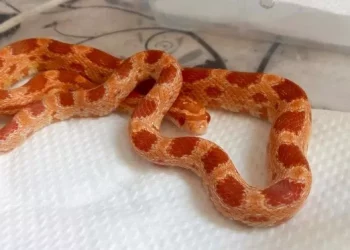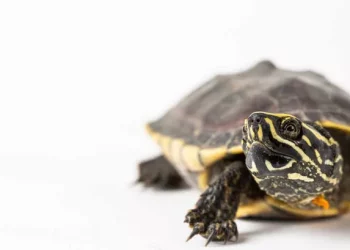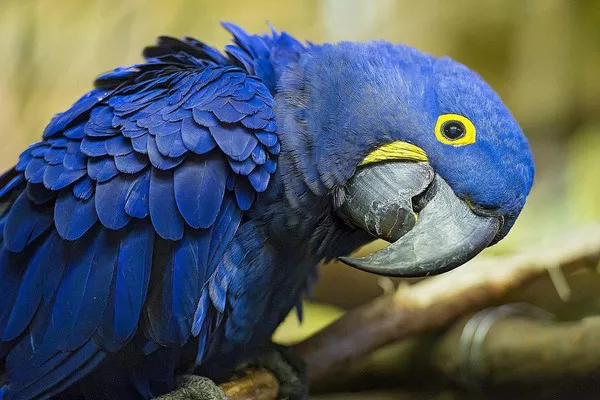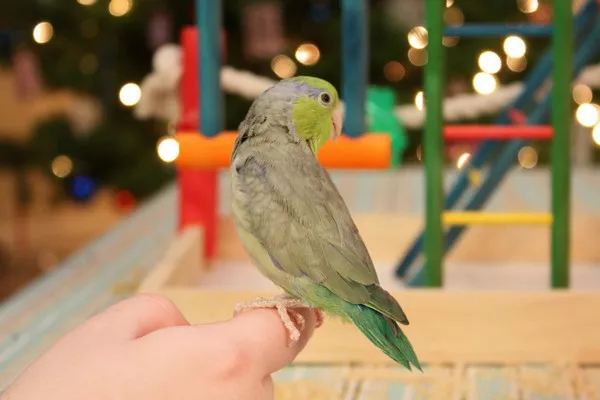Tortoises are fascinating creatures with specific dietary needs that vary based on their species, habitat, and age. Among the many questions tortoise owners and enthusiasts often ask is whether Chinese broccoli can be safely included in a tortoise’s diet. This article delves into the nutritional aspects of Chinese broccoli, examines its potential benefits and drawbacks for tortoises, and provides guidelines for incorporating it into their diet.
Understanding Tortoise Nutrition
Before exploring the suitability of Chinese broccoli, it is essential to understand the basic dietary requirements of tortoises. Tortoises are primarily herbivorous, meaning their diet consists mostly of plant matter. However, their specific needs can vary widely depending on the species. In general, tortoises need a diet high in fiber, low in protein, and rich in calcium.
Key Nutritional Requirements for Tortoises
Fiber: Essential for healthy digestion, fiber helps to prevent obesity and gastrointestinal issues. It also contributes to the proper function of the tortoise’s gastrointestinal tract.
Calcium: Calcium is crucial for the development and maintenance of strong bones and a healthy shell. A calcium deficiency can lead to metabolic bone disease, a serious condition affecting tortoises.
Protein: While protein is necessary for growth and repair, excessive protein can lead to health issues such as kidney problems and obesity. Most tortoises require a diet with low to moderate protein levels.
Vitamins and Minerals: Vitamins such as A, D, and E, along with minerals like phosphorus and magnesium, play vital roles in overall health, including vision, immune function, and metabolic processes.
Nutritional Profile of Chinese Broccoli
Chinese broccoli, also known as Gai Lan or Kai Lan, is a leafy green vegetable that belongs to the Brassicaceae family. It is widely used in Asian cuisine and is known for its distinct flavor and nutrient-rich profile. Here’s a closer look at its nutritional components:
Fiber: Chinese broccoli is a good source of dietary fiber, which supports digestive health.
Calcium: It contains a moderate amount of calcium, which is beneficial for bone health.
Vitamins: Chinese broccoli is rich in vitamins A, C, and K. Vitamin A supports vision and immune function, Vitamin C is an antioxidant that helps in tissue repair, and Vitamin K plays a role in blood clotting.
Minerals: It also provides minerals such as iron, magnesium, and potassium, which are important for various bodily functions.
Oxalates: Chinese broccoli contains oxalates, which can interfere with calcium absorption. This is a crucial factor to consider when determining its suitability for tortoises.
Can Tortoises Eat Chinese Broccoli?
The question of whether tortoises can eat Chinese broccoli does not have a straightforward answer. While the vegetable offers some nutritional benefits, it also has potential drawbacks. Here’s a detailed examination:
Benefits of Chinese Broccoli for Tortoises
Nutrient-Rich: The vitamins and minerals in Chinese broccoli can complement a tortoise’s diet, particularly for species that require a variety of nutrients. The fiber content aids in digestion and overall gut health.
Hydration: As a leafy green, Chinese broccoli has a high water content, which can help in maintaining hydration, especially in dry climates or during warm weather.
Potential Drawbacks of Chinese Broccoli
Oxalates: The presence of oxalates in Chinese broccoli is a significant concern. Oxalates can bind to calcium and reduce its bioavailability. For tortoises, who need adequate calcium for shell health, consuming too many high-oxalate foods can potentially lead to calcium deficiency.
See Also: Can a Tortoise Live for 400 Years?
Goitrogens: Chinese broccoli belongs to the cruciferous vegetable family, which includes goitrogens. These compounds can interfere with thyroid function by inhibiting iodine uptake. Although the impact of goitrogens is more pronounced in humans and less so in tortoises, it is still a factor to consider.
Potential for Nutritional Imbalance: Relying heavily on any single vegetable, including Chinese broccoli, can lead to nutritional imbalances. Tortoises need a varied diet to ensure they receive all necessary nutrients in appropriate proportions.
How to Incorporate Chinese Broccoli into a Tortoise’s Diet
If you decide to introduce Chinese broccoli to your tortoise’s diet, it is essential to do so in moderation and as part of a balanced diet. Here are some guidelines:
Variety: Offer Chinese broccoli as one of several vegetables and greens in your tortoise’s diet. This helps to ensure a well-rounded nutritional intake.
Portion Control: Limit the amount of Chinese broccoli to avoid potential issues with oxalates and goitrogens. A small portion once or twice a week is generally sufficient.
Preparation: Wash Chinese broccoli thoroughly to remove any pesticides or contaminants. Cutting the vegetable into small, manageable pieces can help prevent choking and facilitate easier digestion.
Monitor Health: Observe your tortoise for any signs of adverse reactions or changes in health after introducing Chinese broccoli. Adjust the diet as needed based on your observations.
Species-Specific Considerations
Different tortoise species have varying dietary requirements, and what works for one may not be suitable for another. Here are some considerations for different species:
Sulcata Tortoises: Native to arid regions, Sulcata tortoises require a diet high in fiber and calcium. Chinese broccoli can be a supplement but should not replace their primary diet of hay and grasses.
Russian Tortoises: Russian tortoises are adapted to a varied diet of grasses and weeds. While Chinese broccoli can be a good supplement, it should be balanced with other fibrous and calcium-rich foods.
Red-Footed Tortoises: These tortoises have a more varied diet that includes fruits and vegetables. Chinese broccoli can be included but should be balanced with other dietary components.
Leopard Tortoises: Leopard tortoises, like Sulcata tortoises, require a diet rich in fiber and calcium. Chinese broccoli can be offered in moderation, but their diet should primarily consist of grasses and fibrous plants.
Conclusion
In summary, Chinese broccoli can be a beneficial addition to a tortoise’s diet when offered in moderation and as part of a balanced nutritional regimen. Its nutrient content can complement a tortoise’s diet, but care must be taken due to the presence of oxalates and goitrogens. By understanding the specific needs of your tortoise species and incorporating a variety of foods, you can ensure a healthy and well-rounded diet for your shelled companion.
Tortoise owners should always consult with a veterinarian or a reptile nutrition expert before making significant changes to their pet’s diet. This approach ensures that dietary adjustments are safe and beneficial, contributing to the overall well-being of these remarkable reptiles.
Related Topics:























